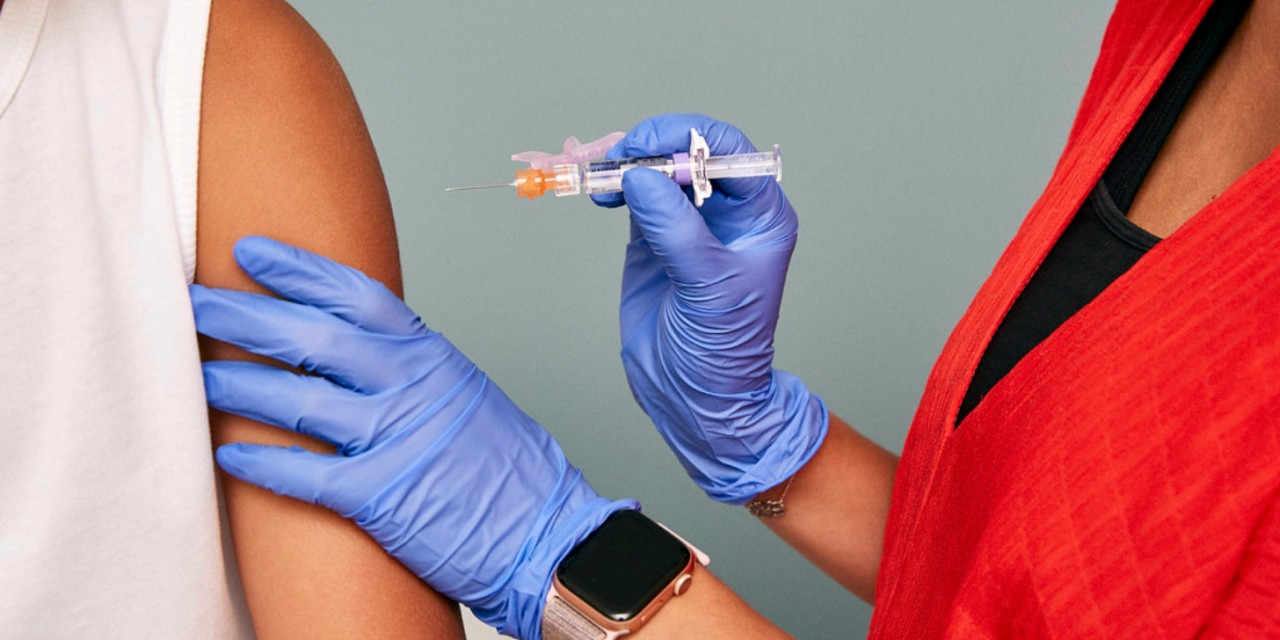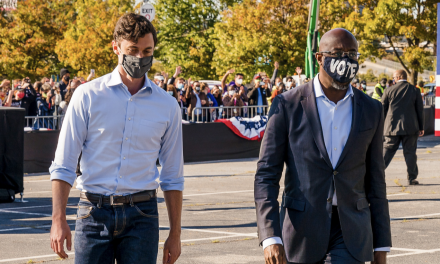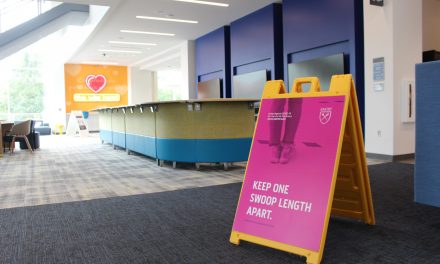About 1,300 students’ Wi-Fi was restricted around the week of March 14 because of their failure to comply with Emory University’s booster vaccine requirements, according to Executive Director of Student Health Services Sharon Rabinovitz. The restrictions caused students’ Wi-Fi to slow down and blocked access to nonacademic sites such as social media and video games.
The consequence motivated over half of the affected students to either submit proof of vaccination or request an exemption, Executive Director for COVID-19 Response and Recovery Amir St. Clair said.
“The WiFi restrictions were a valuable compliance measure to help promote participation,” St. Clair said. “Our hope is that it will continue to have an impact.”
About 94.6% of students and 91% of faculty and staff have reported being up-to-date on their vaccinations, meaning they have the initial two vaccinations and the booster shot if they are eligible, according to the University’s COVID-19 dashboard. That’s up from March 19, when 90.2% of students and 89.9% of faculty had reported being up-to-date.
St. Clair added that if students submit their proof of booster vaccination, their WiFi should be restored in a few days. However, exemptions have to be reviewed and approved first, which can take seven to 10 days.
Students who did not comply with January’s booster vaccine deadline received notice about W-iFi restrictions in February, according to St. Clair. He noted that other disciplinary actions may be taken in the future.

Emory University used Wi-Fi restrictions to enforce COVID-19 booster requirements. (Creative Commons/ SELF Magazine)
The Wi-Fi restrictions come amid a slight increase in COVID-19 cases on campus, following the mask optional policy’s extension to classrooms on March 21. There were 53 cases reported among students, faculty and staff in the past 10 days, according to the University’s COVID-19 dashboard, while only 35 cases were reported in the weeks of March 18 and March 3.
St. Clair explained that he expected a slight increase, and the current trends are still below thresholds. He also said that there are “very low rates of transmission” on campus, so most people seem to catch the virus off campus.
“We are not seeing a surge, a spike there,” St. Clair said. “The Emory community and the metro Atlanta area counties continue to be classified as a low risk community, per CDC guidelines.”
As a result of low transmission on campus, students have recently been able to attend class without a mask for the first time in almost two years.
The removal of mask mandates at schools nationwide has caused some schools to restrict faculty speech on masks, garnering backlash. The University of Iowa is one example, as the university sent an Aug. 10, 2021 message to professors telling them they “may only make statements regarding mask usage or vaccinations in the context of course material discussions of health-related issue.” Otherwise, they could only share their “personal choice regarding the decision to wear a mask or be vaccinated” if someone asks them.
Although the University of Iowa removed the message from their website two days later and revised their policies, St. Clair said Emory never held similar ideals.
“We will empower everybody to create an inclusive environment where people make good decisions for their own safety and health,” St. Clair said. “There’s nothing precluding having good conversations and dialogue about that.”
St. Clair emphasized that it is vital to continue following COVID-19 protocols as the end of the semester approaches.
“We just need to continue to be very mindful of the environment that we’re in relative to safety and health,” St. Clair said. “We want to continue to make really good decisions so that we can end the year in a very safe and healthy way, and be able to really enjoy the end of the year celebrations and events and parties and commencements.”
Madi Olivier is from Highland Village, Texas, and is majoring in psychology and minoring in rhetoric, writing and information design. Outside of the Wheel, she is involved in psychology research and works for the Trevor Project. In her free time, you can find her trying not to fall while bouldering and watching Criminal Minds with her cat.






